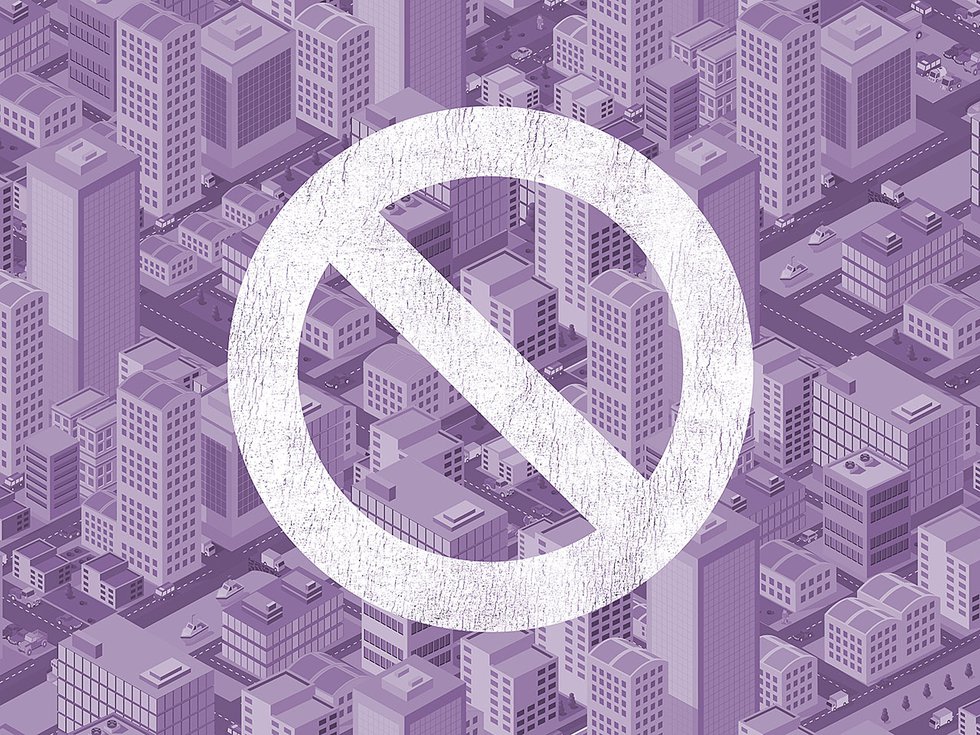Density backlash underway in Madison – Isthmus


It feels like there’s a backlash out there.
A lot of Madisonians have always opposed greater densities and taller buildings. That’s nothing new. But recently the intensity of that opposition has grown. Last week Isthmus reported on heated opposition to a west-side development in which residents claimed that the city wasn’t listening to them. The city council, which met deep into the next morning, approved the Old Sauk Road development along with three other projects, including one near the airport that has generated opposition due to noise from F-35 fighter jets.
What’s spurring this are the policies of the current mayor and city council. They see a growing housing shortage resulting in an affordability problem and conclude that we need to hit the gas on building more housing so that supply can catch up with demand. That general view has resulted in specific policies, including ordinances passed a few years ago to make it easier to build modestly-sized apartment buildings as infill development and to add granny flats (small, separate housing units) on single-home lots.
More recently, city policymakers have moved to allow greater densities along the new bus rapid transit (BRT) lines, the first of which will open later this year. They are also engaged in adopting new area plans that would encourage greater densities and, in some cases, rezone land to allow bigger buildings even before there’s a specific development proposal there.
The backlash is being led — or at least given voice — by the Cap Times along with former Mayor Paul Soglin, for whom that paper has always had something of a crush. Cap Times publisher Paul Fanlund has been writing about this, with especially sharp criticisms of the city, for the past few months. Soglin recently penned a stinging letter to the editor in the Wisconsin State Journal, accusing Mayor Satya Rhodes-Conway and “her crowd” of “abusive” land use practices. That same week Fanlund weighed in again on the issue, this time lauding Soglin for agreeing with him. I have every reason to believe Soglin is moving toward yet another run for mayor in 2027 and he sees this as his ticket back into office. Never mind that planning for BRT and related land use strategies took place under his most recent administration.
The backlash seems to be coming mostly from liberals whose politics were formed in the late 1960s and 1970s. The rhetoric I hear reflects a fundamentally anti-urban, back-to-the-land kind of vibe. Lots of references to “urban canyons” and “people living on top of one another” and the need for more “greenspace.” And overlaid with that is an old-line vilification of developers as being evil by definition for daring to want to make any money at all.
I see this not just in the pages of the newspapers; I hear it on the street — literally. I was recently stopped by a neighbor as I walked my dog. People bring it up at social events expecting me to agree with them.
But I don’t.
Look, folks, we’re a successful community. The same things that make you want to live here, make others want to live here. That’s a good thing. But projections are that we need about 7,000 new units every year in Dane County just to keep up with demand and we’re currently producing only around 5,000.
You can’t just stop people from coming. We’re either going to build up or we’re going to build out and pave over more of some of the richest farmland in America. Also, when you build in cities it means people will drive less and consume fewer resources without trying. In fact, there’s a wonderful book on that topic called Green Metropolis by David Owen, which I used when I taught this stuff in the UW’s old Department of Urban and Regional Planning.
But it’s not just what density helps us avoid. Density is in itself a positive thing. Urban is good. Cities are good. Cosmopolitan is good. More people living in a city means more people from diverse backgrounds interacting which results in new ideas, products, art and wealth. And it means greater understanding. It’s no accident that Donald Trump’s base is most definitely not in cities.
So the backlash is fundamentally conservative. I don’t agree with those on the left who want to accuse development opponents of racism, but I do think it’s true that there is a profound anti-urbanism that has been an unfortunate feature of Madison politics forever. To be clear, I have nothing against small town or rural America, even if I wish their politics were different. But I do think it’s tragic and unhealthy for a community, just like an individual, to be unwilling to accept what it is.
There has long been this view in Madison that we should still be a quiet, little 50,000-resident college town. But Madison hasn’t been that in 70 years. We’re a briskly growing place with a top flight university and a higher percentage of young people than most places. Those are our two most valuable assets. Growth is inevitable because this is a good place to live, so let’s embrace it and shape it to the extent we can. The conceit of the backlash is that growth will destroy us. There’s no reason that growth can’t make us better.
But just as growth can’t be stopped, neither can the backlash. It’s fine because at some point we’ve got to get this small town thinking out of our system once and for all. I hope that the next city elections are fought squarely on this issue and that the backlash is solidly turned back. Then we can move on to become that dreaded “big city” that boomer liberals fear so much.
Dave Cieslewicz is a Madison- and Upper Peninsula-based writer who served as mayor of Madison from 2003 to 2011. You can read more of his work at Yellow Stripes & Dead Armadillos.



